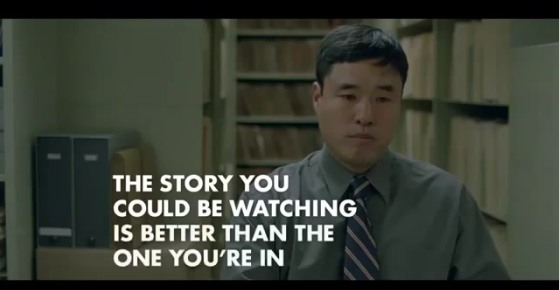
Lab work. Billed: $3,000. Insurance discount: $2,994. Insurance paid: $6.
- receptionist (scheduling the appointment, placing reminder calls, etc.)
- nurse and/or medical assistant (the person who checks your vitals before you see the doctor)
- filing clerk (there’s a lot of laws about how medical records are handled, filing clerks track the files and have to go through training on how to handle records – that training is another expense paid for)
- doctor (the doc only saw the patient for a few minutes, but spent time reviewing the patient’s history, writing up notes for the medical records, possibly writing referrals and prescriptions, etc.)
- medical malpractice insurance
- facility rent
- medical equipment
- lab work
- the debt created by taking on Medicaid and Medicare patients
- medical disposal costs (there’s special ways – that all cost money – to dispose of various things)
- billing staff, especially if the patient didn’t say he was cash-only and pay up-front.
- The government decides what treatment you can have.
- The government decides when you can have the treatment.
- The government simply raises taxes to pay for the treatment.
This then makes a legal requirement that someone else pay for your medical expenses. When it’s all paid for through tax revenue, the implication is that tax payers are required to give their hard-earned money to pay for your medical bills. If they don’t? They’ll take away the tax payer property, or take the money forcibly from their paycheck, and in some countries put the citizen in prison for not paying their taxes.
The demand that someone else be required to pay your medical bills or go to prison is immoral.
But what about all those people going to other countries for health care? What about Americans going to Canada for prescription drugs?
I used to live minutes away from the border of Canada. We took trips to Canada to buy certain things cheaper, and my relatives in Canada took trips to the US for certain things that were cheaper. Not only that, but it is normal behavior in Canada to go to the US if you need better or faster health care, and the Canadian healthcare system routinely sends patients to the US. American health care is part of the Canadian health care system, because America does certain things better/faster. It goes both ways.
Americans are traveling to India, Thailand, and other countries for significant medical treatments that are too costly in America. This is simple economics. Trousers in India may be significantly cheaper than in America. The cost of living is lower. They may have less government regulation to comply with. For various reasons, economies are different, and this has no necessary connection to the quality or accessibility of health care. Or pants.
These are the real problems with American health care
I do think America has the best health care – at least better than any other place I’ve had medical care, which is only about 5 countries on 3 continents. Here’s what the basic problems are that could be fixed very quickly:
- It’s easy to sue doctors. This means the cost of being a doctor goes up to may for malpractice insurance. This also means that doctors frequently do more tests and treatments than are necessary as an attempt to prevent a lawsuit claiming they didn’t do enough.
- It’s easy to collect big bills and then go bankrupt. It is the law that no hospital can turn a patient away. A Physician Assistant I know told me about working in a New York hospital where the same drunk homeless men would come into the E.R. complaining of chest pain every night. They were legally required to give a lot of costly treatment when the guys just wanted a warm place for the night. Others aren’t homeless, but purposely avoid paying for health care to later declare bankruptcy or otherwise avoid payment. This is equivalent of shoplifting, not paying for what you’re taking, and our legislators are the enablers. On the medical side, it’s costly to collect money that hasn’t been paid, and can take years.
- Insurance billing is screwed up. The insurance has a set dollar amount they’ll pay the doctor, but the doctor is still required to bill them with a dollar amount. The only reason why the doctor needs to bill a dollar amount is so the payer (government or insurance) can try to under-pay the doctor if the doctor pays less than the agreed payment amount. If this was not the arrangement, doctors and hospitals wouldn’t have to sky-rocket the list price of services, which is what causes people to stress about the cost of care.
- We need to take personal responsibility. I ought to be responsible for figuring out how my medical bills are paid. I ought not be responsible for figuring out how yours are paid. The majority of uninsured people already qualify for government insurance, but have never taken responsibility to sign up for it. We have a total aversion to personal responsibility and rejoice when we only have to pay $5 for a doctor’s visit. We’re simply rejoicing that we’re making a sucker of someone else who will be suck with the bill.
- Government regulation costs money. And everything medical is regulated. While payments to doctors aren’t increasing, regulations on medical practices increase ever year.

